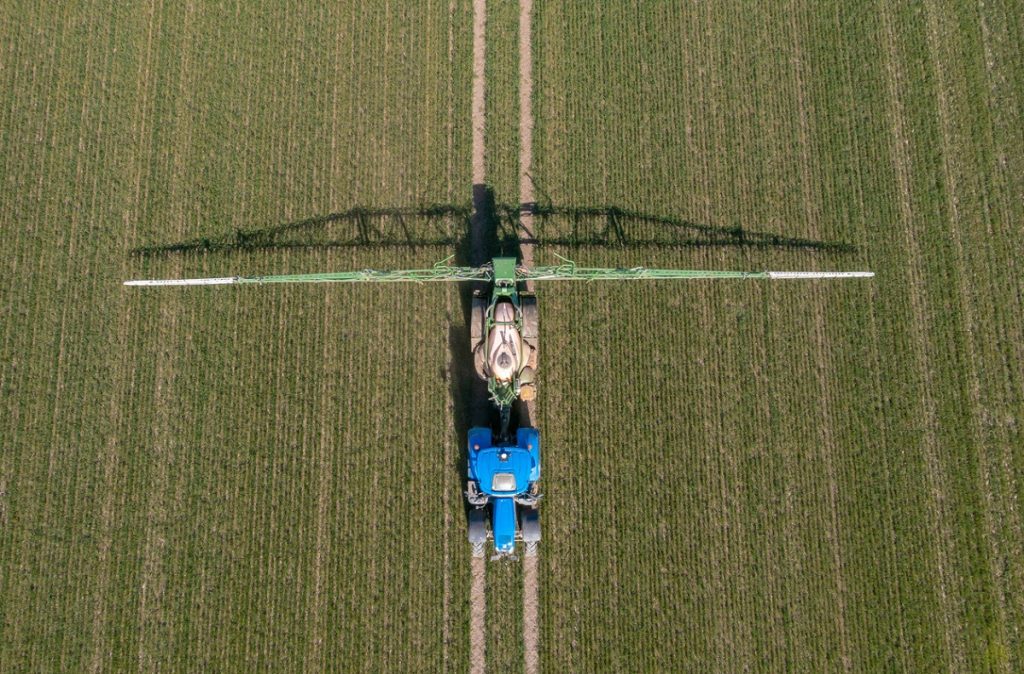The conflict in Ukraine has hit the agricultural sector hard, leading to some significant changes to gross margins within the 2022/23 edition of the Farm Management Handbook.
Input costs have risen sharply during the past 12 months, with the hike in fertiliser and fuel prices hitting all farm enterprise types and increased feed costs affecting livestock margins.
However, while farm input costs have increased, ex-farm prices for milk, beef and lamb have also risen, leading to higher output values and some significant changes to the gross margins listed in this year’s handbook.
Edited by SAC Consulting on behalf of the Scottish Government’s Farm Advisory Service, the 2022/23 edition of the handbook is now available online.
It highlights how due to Russia’s invasion of Ukraine, fertiliser prices have more than tripled since 2021 and, with the risk of a Russian blockade on grain exports from the ‘bread basket of Europe’, grain prices are elevated well above last year’s prices. Higher energy and fuel costs are also taking their toll on farm businesses.
While input costs have risen, the value of outputs has also increased for milk, beef, and sheep.
Despite this, gross margins for beef enterprises have reduced across the board, because the increase to variable costs has more than outstripped the increased beef price.
Gross margins for sheep and arable enterprises show mixed results depending on the system or crops being grown.
It is only in the dairy industry that gross margins have improved during the past year, with increases to farmgate milk price more than covering the variable cost increases.
However, gross margins only account for output minus variable costs, such as costs for vet and medicine bills, feeds, fertiliser, silage, seed and sprays. Fixed costs such as power and machinery, labour, rent and finance are not included in these figures and therefore improved gross margins are not necessarily an indicator of improved overall profitability.
Editor Alastair Beattie, an Agricultural Consultant at SAC Consulting, part of Scotland’s Rural College (SRUC), said: “Just when it appeared life was beginning to return to some form of normality in the wake of the Covid-19 pandemic, February 2022 saw Russian forces invade Ukraine, triggering turmoil in gas and energy markets around the world, and raising concerns over food security.
“The Russian invasion of Ukraine has hit the agricultural sector hard, most notably because of the high level of reliance on Russian gas for energy requirements in western European economies. It has also produced serious knock-on consequences for agricultural supply industries, such as the fertiliser trade.”
A printed version will be available soon from SAC Consulting for £30 plus postage and packaging. To order a copy, to find out more or to view the publication free online visit www.fas.scot.





